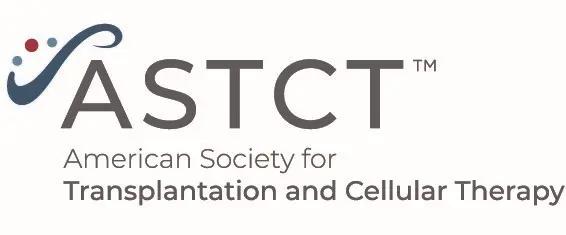A first-in-human phase 1, multicenter, open-label study of CB-012, a next-generation CRISPR-edited allogeneic anti-CLL-1 CAR-T cell therapy for adults with relapsed/refractory acute myeloid leukemia
In a multicenter study, researchers have a phase 1, open-label study of CB-012, a next-generation CRISPR-edited allogeneic anti-CLL-1 CAR-T cell therapy, aimed at treating adults with relapsed/refractory AML.
In a multicenter study, researchers have a phase 1, open-label study of CB-012, a next-generation CRISPR-edited allogeneic anti-CLL-1 CAR-T cell therapy, aimed at treating adults with relapsed/refractory AML.

In a multicenter study, researchers have initiated a first-in-human phase 1, open-label study of CB-012, a next-generation CRISPR-edited allogeneic anti-CLL-1 CAR-T cell therapy, aimed at treating adults with relapsed/refractory acute myeloid leukemia (AML). The study, named AMpLify, seeks to assess the safety, tolerability, and preliminary efficacy of CB-012, which targets the C-type lectin-like molecule-1 (CLL-1) antigen, selectively expressed on AML cells but absent on hematopoietic stem cells. This specificity is intended to minimize collateral damage to healthy cells, a common hurdle in CAR-T cell therapies for AML.
The CB-012 therapy is derived from healthy donor T cells and modified using Cas12a CRISPR hybrid RNA-DNA (chRDNA) technology to introduce five genome edits. These edits include knockout of the TRAC gene to prevent graft-versus-host disease, insertion of an anti-CLL-1 CAR into the TRAC locus, knockout of PD-1 to reduce T cell exhaustion, knockout of the B2M gene to avoid host T cell-mediated rejection, and insertion of a B2M–HLA-E-peptide fusion to reduce NK cell-mediated rejection. The study uses a 3+3 dose escalation design to determine the optimal dose for phase 2 trials, with patients receiving lymphodepletion therapy followed by a single infusion of CB-012. The primary goals are to establish the recommended phase 2 dose and to evaluate safety, tolerability, and pharmacokinetics.
Initial results from the preclinical murine xenograft models demonstrated that CB-012 significantly reduced tumor burden and enhanced survival in mice with CLL-1+PD-L1+ tumors, showing promise for its antitumor activity. The dose escalation phase is actively enrolling patients, who must meet specific inclusion criteria such as having nonproliferative disease and adequate organ function. Following lymphodepletion, patients receive the CB-012 infusion and are monitored for safety and efficacy. The ongoing trial, registered at clinicaltrials.gov under NCT06128044, represents a significant step towards developing effective CAR-T cell therapies for AML.
Reference
Naval Guastad Daver, Abhishek Maiti, David Andrew Sallman, et al. A first-in-human phase 1, multicenter, open-label study of CB-012, a next-generation CRISPR-edited allogeneic anti-CLL-1 CAR-T cell therapy for adults with relapsed/refractory acute myeloid leukemia (AMpLify). Journal of Clinical Oncology. 2024;42(16_suppl):TPS6586-TPS6586. doi.10.1200/jco.2024.42.16_suppl.tps6586